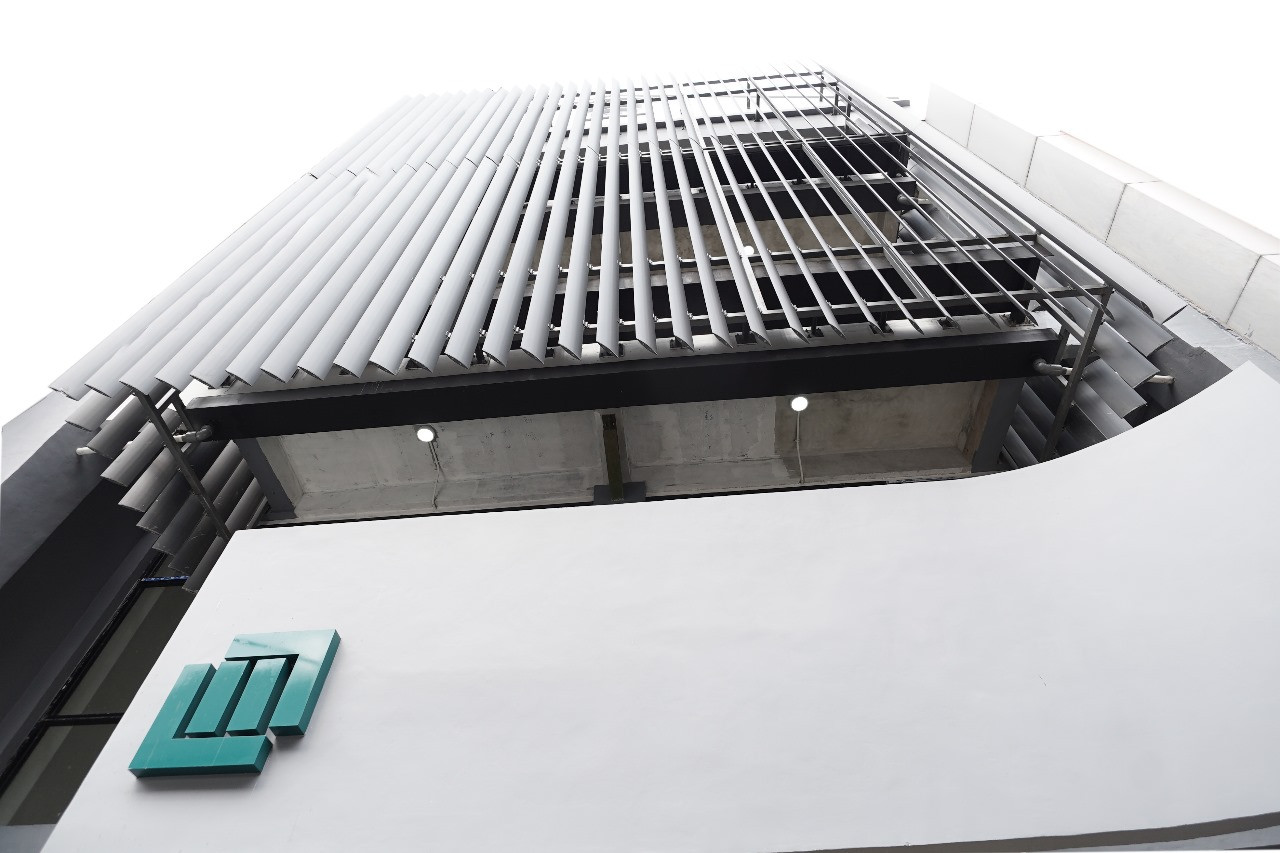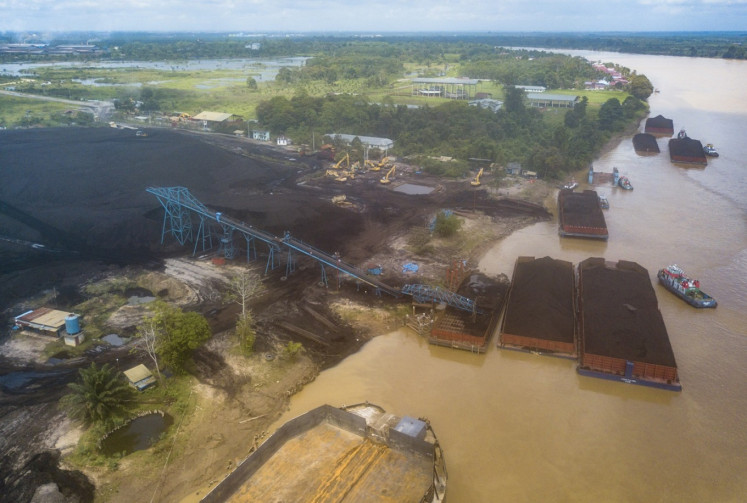Popular Reads
Top Results
Can't find what you're looking for?
View all search resultsPopular Reads
Top Results
Can't find what you're looking for?
View all search resultsEmpowering MSMEs by optimizing state assets
Change text size
Gift Premium Articles
to Anyone
T
he 2024 state budget has been approved by the government at Rp 3,325.1 trillion. It serves as a crucial instrument for confronting global upheavals, such as pandemics, energy price increases and rising food prices. It also acts as an instrument of economic recovery and protecting the public. One noteworthy form of state budget expenditure is investing in state assets.
The concept of asset management in the public sector has evolved under pressure to adopt best practices in asset management (Ngwira and Manase, 2016). According to Doran (2015), the dynamics of asset management have shifted from a focus on efforts to maintain functionality from a compliance perspective to functionality from a performance perspective.
The Indonesian government, through the Finance Ministry, is striving to adapt asset management dynamics. Initially focusing on administrative matters, the emphasis is now on optimizing assets as an economic enabler and a source of state revenue. This is often emphasized by Finance Minister Sri Mulyani Indrawati, who has said, "Developed countries have hardworking assets while they work normally, while in Indonesia, people work very hard while their assets sleep."
From the perspective of the state budget, state-owned goods (BMN) that are optimally utilized can contribute to state revenue in the form of Non-Tax State Revenue (PNBP). In line with this, according to the Strategic Plan of the Directorate General of State Assets (DJKN) for 2020-2024, the Finance Ministry requires the DJKN to enhance its role in BMN management. As an asset manager, the DJKN needs to develop strategic steps for optimizing BMN so that it not only supports public services but also serves as a source of PNBP through the utilization of BMN to generate further PNBP.
The National Asset Management Agency (LMAN), as a public service agency within the Directorate General of State Assets of the Finance ministry, plays a pioneering role in the creative management of state property assets. LMAN has successfully transformed idle property assets into optimal ones, ultimately impacting the Indonesian economy and society.
The high value of central government-managed BMN indicates the significant potential that ministries and agencies can leverage to contribute to increasing PNBP. This represents an opportunity that can be executed to ensure not only that assets generate optimal PNBP, but also that they become cost-saving measures for property asset users from other work units and an opportunity for the wider public to rent properties at affordable and secure prices.
Utilization of state assets for MSMEs
The government continues to demonstrate its commitment to empowering SMEs through special budget allocations such as KUR subsidies and non-energy subsidies. These budgets are allocated to various programs distributed across government agencies. In addition to direct APBN allocations, MSMEs can also utilize state-owned property as operational buildings. State-owned property can be utilized through lease schemes and/or collaboration schemes.
One competitive opportunity for the general public and MSMEs is the possibility of renting state-owned properties at affordable prices. This can provide several benefits to MSMEs, such as affordable prices, strategic locations and certainty:
1. Affordable prices
By renting state-owned properties, the public and SMEs can save on rent costs, which are often lower than those of commercial property markets. Properties leased by LMAN have prices based on fair valuations by government appraisers, eliminating hidden costs in rental prices.
2. Strategic locations
State assets are generally located in strategic areas that can help MSMEs reach a broader market. LMAN has a portfolio of managed assets that can be accessed at aesia.kemenkeu.go.id.
3. Management certainty
State-owned assets marketed by the LMAN have clear legal statuses and are free of disputes, allowing the public and MSMEs as lessees to start their businesses immediately after the lease process is completed.
In the effort to support the progress of MSMEs in Indonesia, efficient state asset management focused on optimal utilization is crucial. LMAN plays a central role in this effort, and collaboration between the government, private sector and MSMEs is key to its success. The opportunity for MSMEs to rent state-owned properties at affordable prices is a positive step in supporting the growth of the MSME sector. Through a collective effort, we can harness the potential of state assets to boost the economy, create jobs and support the development of MSMEs in Indonesia.
Source: The Finance Ministry











